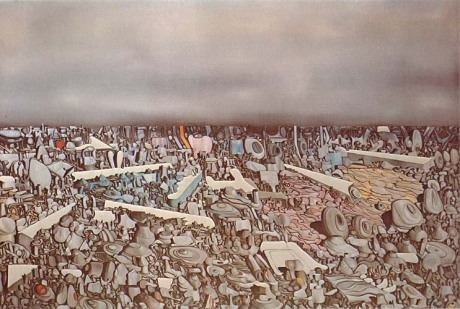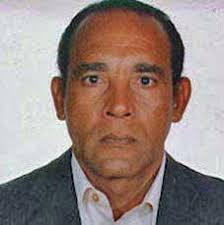 Image: Estrella de Luis Trapaga
Image: Estrella de Luis Trapaga
The effects of the global crisis affect a good part of Cuban society. I am not sure, since I believe that no one can assert that the whole population will be whipped without mercy by the economic difficulties we currently face. We can see here in prison a small part of the aristocracy of revolutionary Cuba, those who are called thieves in neckties.
With the exception of those prisoners and others with family abroad, the crisis is palpable in this world of convicts. I have begun observing with interest the decrease in packages brought by relatives to the prisoners every 30 days, sacrificing to the maximum.
The most tangible example is the last visit to Section 3 of Canaleta Prison in Ciego de Avìla. Before, during each family visit, the prisoners sold, or asked others to sell for them in the corridors, refreshments, bags of powdered milk, packages of coffee, cookies and other types of food.
So, during the last visit, I saw them sell only one package of cookies. And with this, we get to the real heart of the matter, and I don’t believe it’s different in any of the other prisons in the country. The scams among the convicts have increased, which can cause serious problems.
In my barracks, number 43, they have been selling deodorant sticks stuffed with condoms, perfume bottles without cologne, empty toothpaste tubes, boxes of cigars filled with little pieces of paper in the shape of figs, and the most dissimilar objects necessary for personal hygiene and human consumption.
Even a bad observer like me notices the running theme in all prisoner conversation, “Brothers, times are getting harder and it seems now we are worse off than in the decade of the 90’s”. However, very few take an interest in the news, since they argue that it’s all just more of the same.
On this point I believe that the bulk of the responsibility falls on the official press for writing what only a few want the people to read. As an end to this commentary I want to add that all of us who today dissent from the official party dogma understand why this country has spent so many years in crisis, a crisis that is more than economic: it’s principally a crisis of values.
My greatest satisfaction is that six years and four months ago, we were imprisoned for speaking out and writing about what the Cuban people were experiencing. And although you wouldn’t think so, it makes me happy to read the tiny articles they permit in the official press, since it’s the opening through which the people can grasp true freedom. This means that speaking out and being imprisoned when the majority were silent has not been in vain.
Pablo Pacheco
July 9, 2009
Categories: General . . Author: voicesbehindbars . Comments: Leave a comment
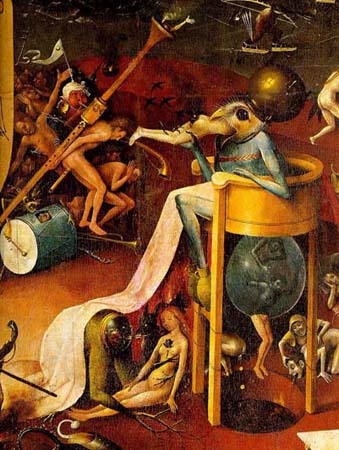
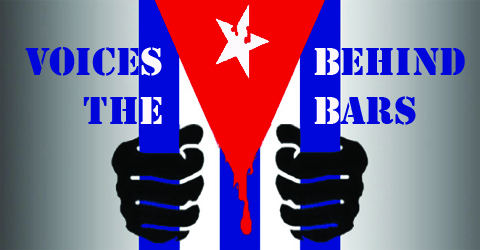
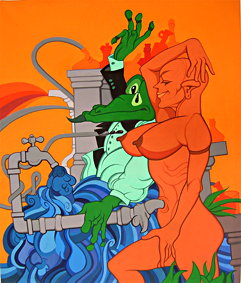
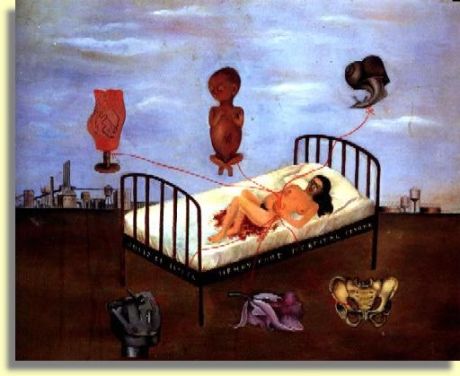
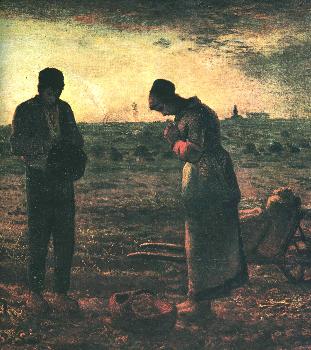

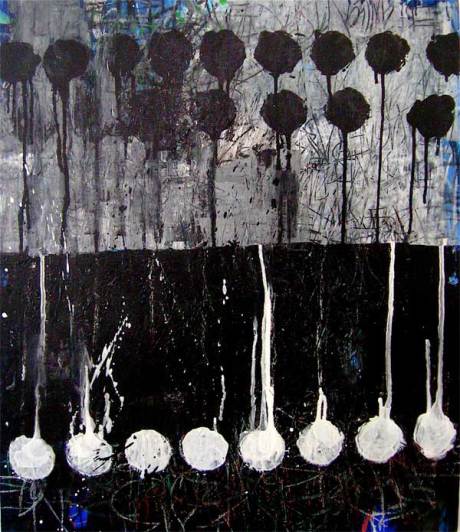 Image: Abstract by Luis Trapaga
Image: Abstract by Luis Trapaga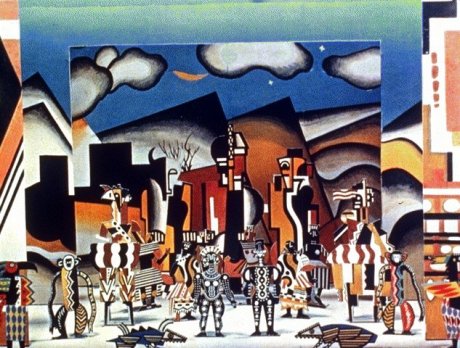
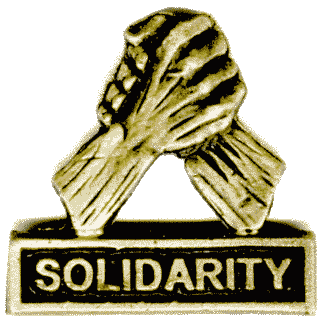
 Image: Estrella de Luis Trapaga
Image: Estrella de Luis Trapaga